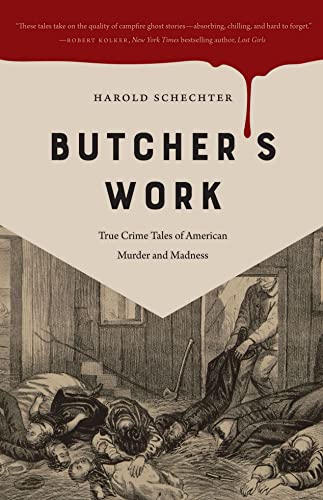
Oooo! What a slick collection of grimy, gruesome peeks under the golden veneer of the Gilded Age! The prose and tales in Wicked City are as smooth as the criminal characters in its pages, which is to say, if you, Reader, are a fan of urban grit and historical fiction, then this is the collection of stories for you. Wicked City reads like a literary revision of The Gangs of New York, but instead of Daniel Day Lewis, the lead is a very chic Edith Wharton — if Edith had a side hustle as a brothel Madam and if the brothel was run out of the Waldorf Hotel.
Make of that what you will. (I love Edith Wharton’s refined snark and the grubbiness of Gangs of New York.)
The stories in Wicked City are historical, but some things have been updated since the actual Gilded Age. Many of the tales are infused with modern sensibilities, that is, there are more enlightened notions around race, racism, class, and gender in these pages than perhaps there were in history. For example, Browder includes tales from Chinatown and addresses interracial marriage. Jingoism and nativism abound and are present, but Browder does justice to history by highlighting the non-White version of events in his fictions.
Many of the stories interweave, though some of the connections are subtle; there is a sense of dispersed, urban community woven throughout the collection. True to Browder’s work, this is an homage to New York and its history.

